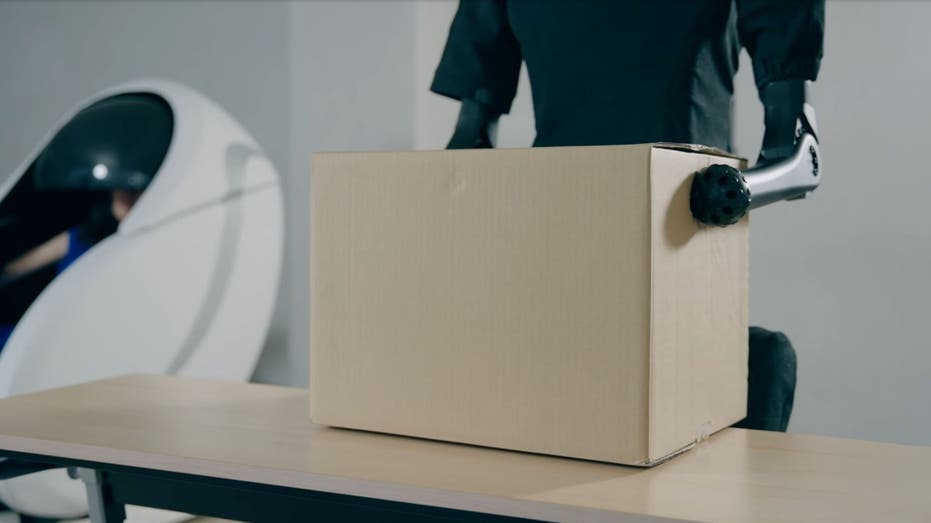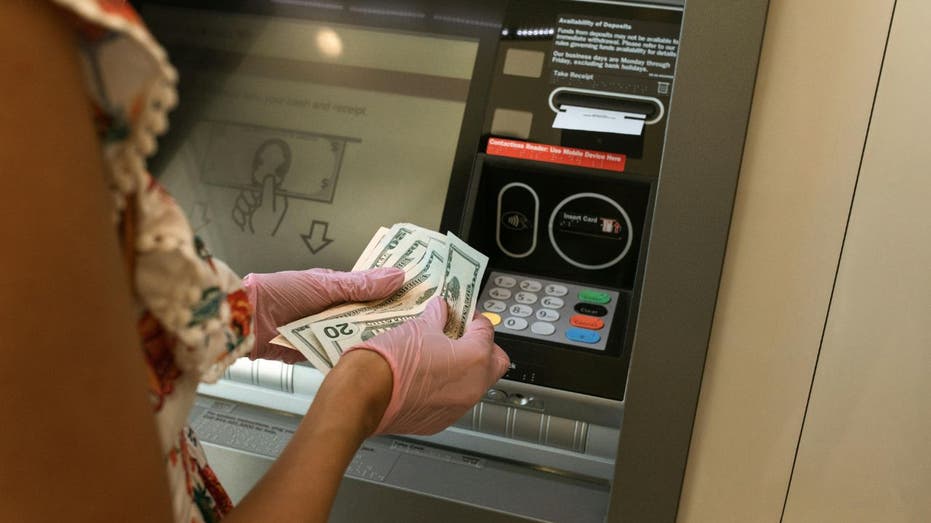📰 New capsule device lets you control robots with your entire body

H2L, a Tokyo-based startup, has introduced the Capsule Interface, a device that enables controlling robots using the entire body, including physical force. The technology utilizes muscle displacement sensors to detect subtle changes in muscle tension, enhancing the authenticity and responsiveness of human-robot interactions. The Capsule Interface is designed for comfort and accessibility, allowing users to operate robots while sitting or lying down without the need for wearables or extensive training. The device offers real-time audiovisual feedback and has applications in various fields, from business to disaster response and everyday tasks. H2L plans to enhance the interface with proprioceptive feedback, enabling users to feel the actions of the robot, potentially revolutionizing remote collaboration in education, healthcare, and entertainment.
📰 Artificial intelligence fuels Big Tech partnerships with nuclear energy producers

Over the past decade, U.S. energy consumption has remained relatively stable due to increased efforts in energy efficiency. However, the demand for electricity to power data centers is expected to more than double in the next five years, potentially reaching levels equivalent to Japan’s current energy consumption by 2030. There are concerns about the impact of this increased demand on the power grid and energy infrastructure, with challenges related to permitting, construction timelines, and grid capabilities potentially slowing down advancements in AI research and development. Despite some skepticism from consumers, tech companies are pushing forward with AI projects, leading to partnerships with energy producers to ensure sufficient power supply. Efforts are being made to restart nuclear plants and invest in new energy sources to meet the growing energy demands of AI technologies and data centers, with companies like Microsoft and Meta planning significant expansions in nuclear power generation across the U.S.
📰 Lost dogs on Fourth of July: How to keep your pet safe

During the Fourth of July holiday, many dogs go missing due to the fear caused by fireworks, with shelters seeing a significant increase in lost pets between July 4 and July 6, some reporting up to a 60% rise. The loud and unpredictable explosions from fireworks can trigger panic in dogs, leading them to escape through doors, fences, or windows, often ending up far from home. One example is Ziggy, a dog from California who went missing but was reunited with his owner months later thanks to a national database called Love Lost that uses AI photo-matching technology. To prevent pets from getting lost during fireworks or other times, pet owners are advised to keep their pets indoors, create a calm space, ensure ID tags and microchips are up to date, use GPS trackers or smart collars, and register with databases like Love Lost. Planning ahead and taking these precautions can help pet owners keep their furry friends safe during stressful events like fireworks displays.
📰 ATM jugging scam on the rise as thieves target victims

“Jugging” is a new crime trend where criminals target ATM users by watching them withdraw cash and then following them to rob or break into their vehicles. The success of jugging relies on surprise and timing, as criminals count on victims being distracted or unaware. To avoid becoming a target, police recommend staying aware of surroundings, avoiding distractions, being discreet with cash, locking vehicle doors, changing routines, and watching for anyone following you. Jugging is increasing nationwide, not just in big cities but also in small towns and suburbs. Awareness and simple safety precautions can help prevent falling victim to this crime trend.
📰 Airlines secretly sold US travelers’ data to Homeland Security

The article reveals that major U.S. airlines have been sharing detailed passenger data with a little-known broker, which then sells the information to the Department of Homeland Security. The data includes names, itineraries, and payment details from domestic flight bookings made through travel agencies. The Airlines Reporting Corporation (ARC), jointly owned by major airlines, manages this data collection through the Travel Intelligence Program (TIP). The Department of Homeland Security uses this data to track individuals of interest across the U.S., raising privacy concerns as travelers are unaware of this sharing. The program has been extended through 2029, and various federal agencies, including ICE, Secret Service, and TSA, have also purchased ARC data for surveillance purposes. To protect personal data, the article suggests booking flights directly on airline websites, using virtual credit cards, sharing minimal information during bookings, removing personal data from the internet, using privacy-focused browsers and email services, and considering identity theft protection services.
0개의 댓글